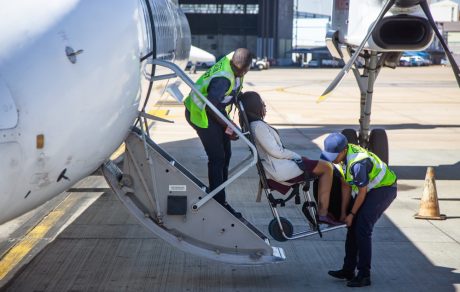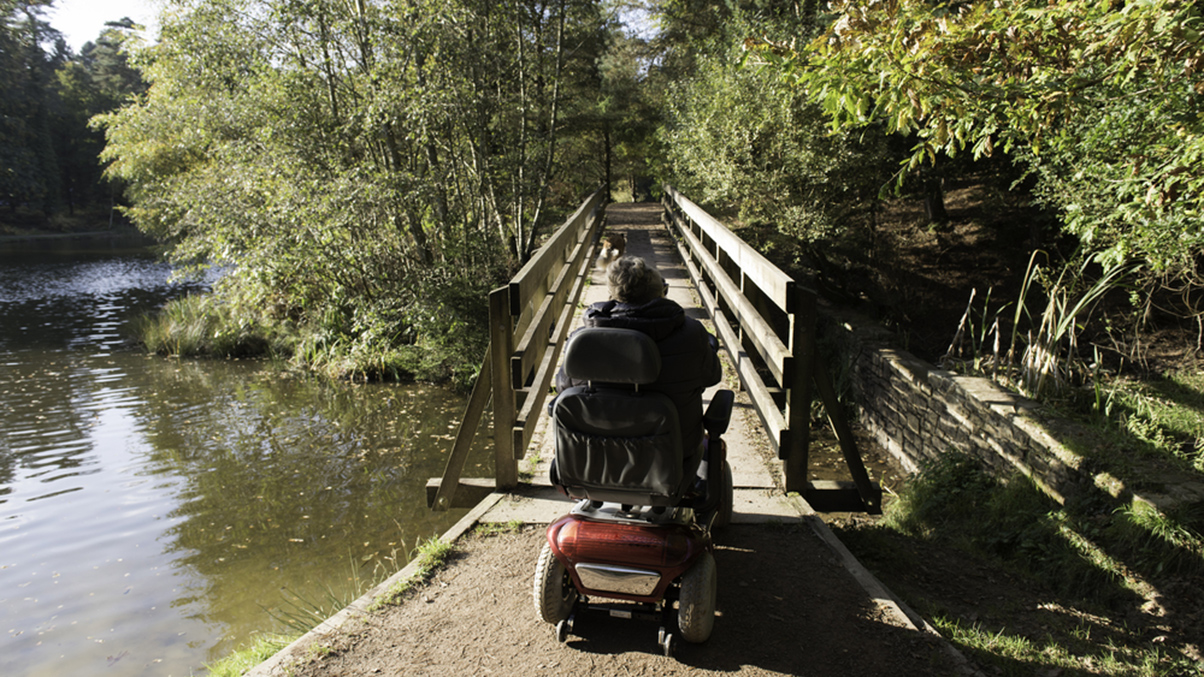Medical repatriation is required when someone falls ill or is injured abroad and needs ongoing treatment during their journey home. The level of input required might be provided by an air ambulance, a medical escort or additional medical equipment on a standard flight. In this article, Cheryl Palmer-Hughes, a partner in our International Injury and Aviation department, sets out the steps you should take to ensure the cost of repatriation is covered in the unfortunate event it is required following illness or injury abroad.
The cost of medical repatriation from mainland Europe to the UK can average around £40,000. The cost of long-haul repatriation from the US or Asia can exceed £150,000. (It should also be noted that repatriation is also the term used to return someone’s body if they die abroad).
Accessing medical repatriation, even when a travel insurer is covering the cost, can be complicated. This is because the insurer and repatriation provider need to understand what the patient’s medical needs are. They must ensure that the person is fit to fly, before then liaising with the NHS to ensure that there is suitable provision, such as a hospital bed, for when the patient returns home.
Increasingly, patients or their families are finding themselves without cover for medical repatriation. This can be because there is no cover at all under their insurance policy or because an exclusion applies, such as a pre-existing condition they failed to report to the insurer. Without insurance cover, the cost of paying for medical repatriation can be insurmountable for many people. Some have had to raise the funds via crowdfunding or on JustGiving or other charity fundraising websites. This, in turn, can delay getting the injured person home and cause additional stress for their family, who are invariably stuck in a foreign country with their loved one.
What do I need to know?
Based on our clients’ experiences over the years, we can offer the following advice to put you in the best possible position before you travel or if you or a loved one needs to access a repatriation service while abroad.
Pre-travel checklist
Before you travel, make sure your travel insurance policy covers medical repatriation. Also, consider the following:
- Have you informed your insurer of any pre-existing medical issues, as non-notification can invalidate the entire policy in some scenarios
- Are you planning to undertake any sports or adventure activities? If so, are they covered under your travel policy? (You might find this article on how to make the most out of your adventure holiday and activities helpful.)
- Does your policy cover you for the country you will be visiting?
- Does your travel insurance policy include 24/7 emergency assistance?
- Do you have your travel insurer’s emergency contact details and your policy number saved in your phone?
- Have you saved your policy details, including the terms and conditions, on your phone, laptop or tablet in case you need to refer to them while you are abroad?
While you are abroad
If you do not have insurance cover, you will have to raise the funds privately to cover the cost of medical repatriation.
Whether you or your insurer pays for medical repatriation, if you make a compensation claim for your injuries, you may be able to obtain reimbursement of the repatriation costs as part of the claim. It is important that you seek early advice from specialist international injury solicitors and let them have details of your repatriation costs.
The Foreign, Commonwealth & Development Office provides information for those who need to access medical repatriation services directly.
What if I disagree with the proposed course of action?
If you are denied cover for repatriation, it is important to seek legal advice urgently, as any delay in repatriation could impact your recovery. Speaking directly with the insurer to understand why and how any decisions have been made could resolve the issue.
If a decision is made in respect of medical treatment, such as where you will be sent for treatment, or what treatment is given, it is worth noting that several factors can influence this. They might include your medical needs (as set out by the treating medical team), as well as the availability of a bed or treatment and the suitability of a particular facility. If you disagree with the decision made, having a conversation with your insurer to understand why a particular course of action has been recommended could address any concerns that you have.
If you are still dissatisfied, you could consider escalating your complaint or contacting the Financial Ombudsman Service, whose guidance can be accessed here.
You can find further information regarding our expertise, experience and team on our International Injury page.
If you require assistance from our team, please contact us.






